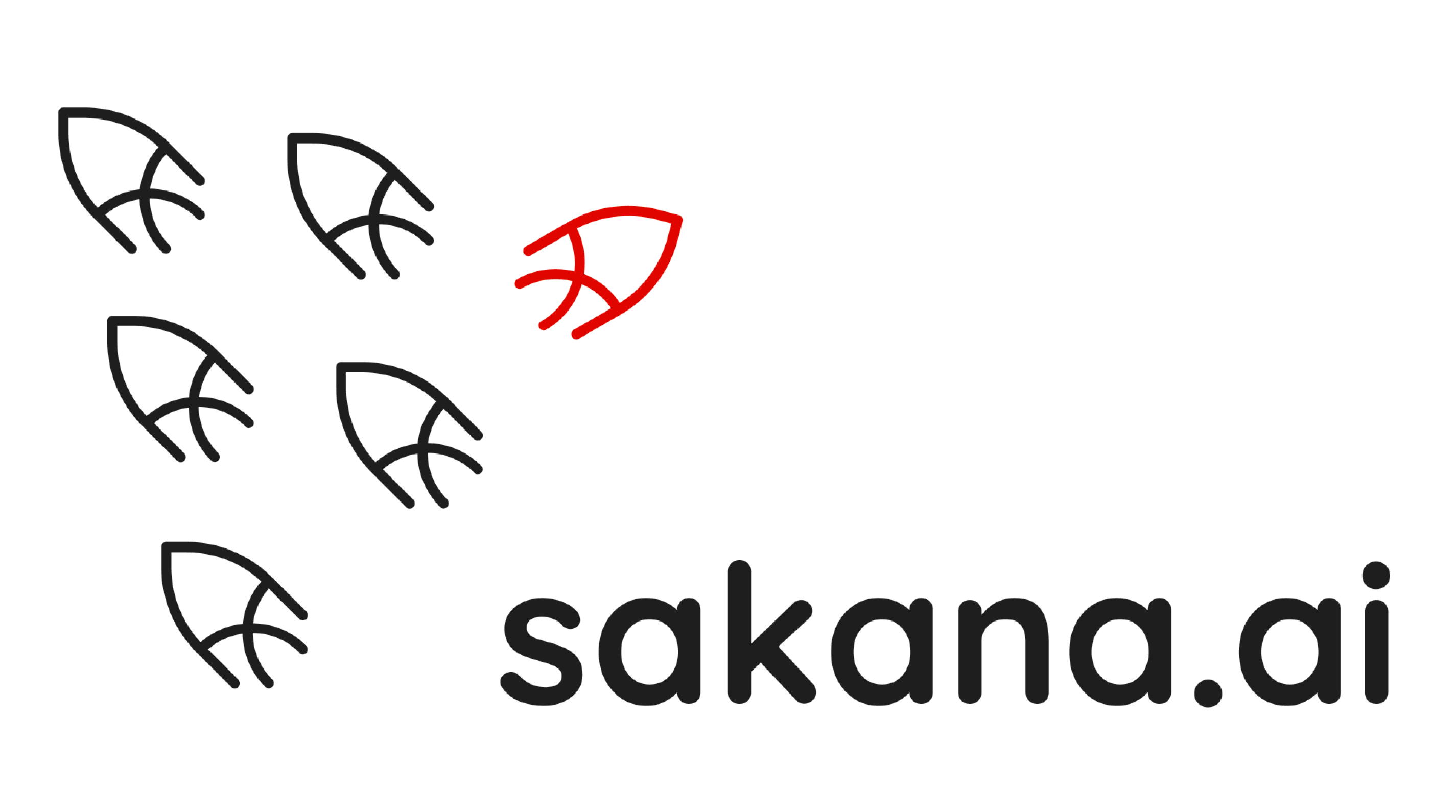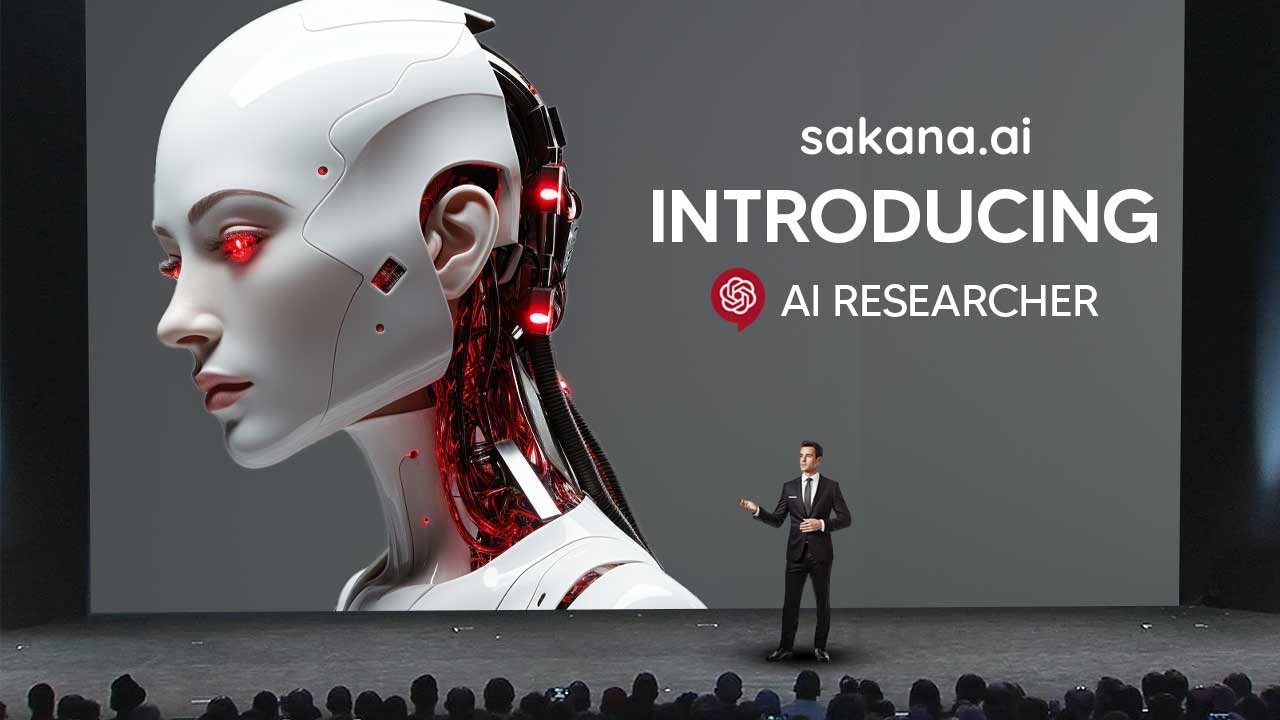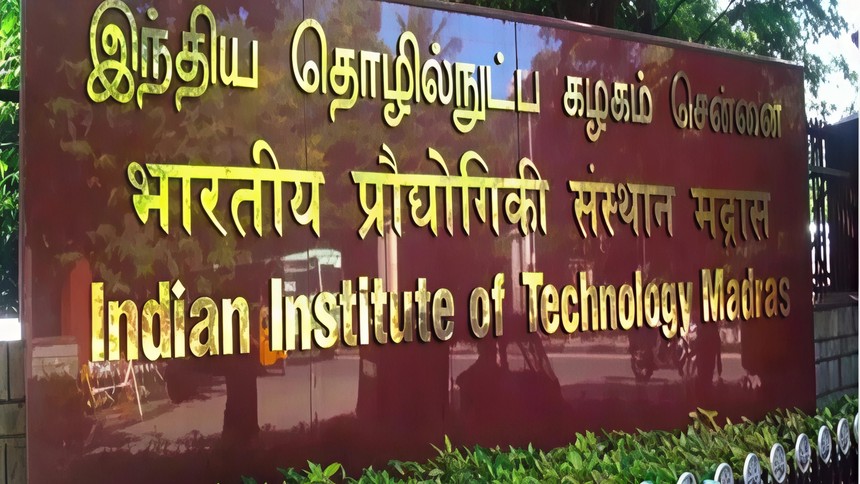Sakana AI, a research driven artificial intelligence firm based in Tokyo, has introduced a new algorithm that could change how AI models work on complex tasks. The newly released tool, named Adaptive Branching Monte Carlo Tree Search or AB MCTS, is now available open source and aims to make AI collaboration a more structured and dynamic process. Rather than relying on one large language model or system, AB MCTS allows multiple AI models to work together at the time of inference to find the best possible solution to a problem.
This new approach is built on the concept of test time scaling. In simple terms, instead of a single AI model trying to figure out everything alone, AB MCTS introduces the possibility of calling in help from other models during runtime. This system makes active decisions about whether the situation requires deeper reasoning, broader exploration, or a combination of specific expert models that may be better suited for the problem.
What makes this launch particularly innovative is that it allows for flexibility and smarter resource use. The algorithm does not just assign one model to a task. If the problem is complex enough, it can deploy a combination of AI models to brainstorm and refine the answers collectively. This type of architecture mimics collaborative problem solving seen in human teams, where different individuals contribute based on their strengths.
According to Sakana AI, AB MCTS was tested using leading frontier models including Gemini 2.5 Pro, o4 mini, and DeepSeek R1. The company measured its performance on the ARC AGI 2 benchmark, a respected metric for evaluating reasoning capabilities in AI. In a significant finding, models that performed moderately on their own showed enhanced accuracy when functioning together under the AB MCTS system. For example, the o4 mini model, which typically solved 23 percent of the problems independently, improved to 27.5 percent when used in collaboration.
This breakthrough did not come out of nowhere. Sakana AI has been researching model collaboration for years, having published a study in 2024 on evolutionary model merging. With AB MCTS, they appear to have taken the next big step by turning that research into a practical, accessible tool. By publishing the TreeQuest algorithm and their ARC AGI experiment results on GitHub, they have opened the door for developers and researchers around the world to experiment with collective intelligence in AI systems.
As AI development continues to push the boundaries of speed, accuracy, and decision making, the importance of model collaboration could become a key differentiator. With companies seeking to reduce model bias and improve result reliability, Sakana AI’s approach may offer a smarter, more efficient pathway to achieving those goals.
Follow Tech Moves on Instagram and Facebook for more updates on cutting edge AI breakthroughs, open source innovations, and the future of smart technology.














